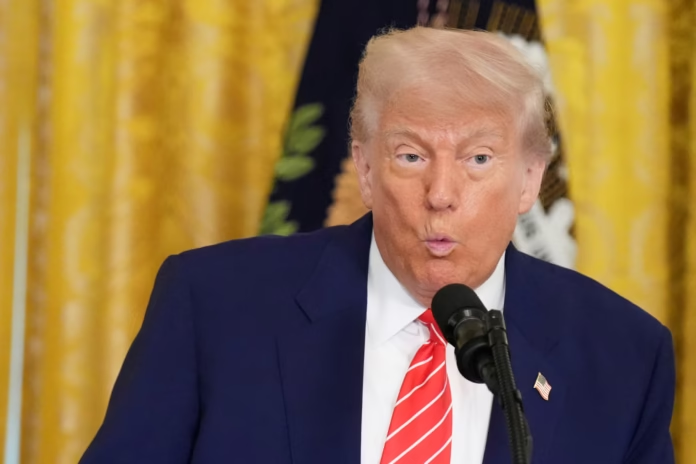The Trump administration has requested the U.S. Supreme Court’s intervention in a legal battle to end temporary legal protections for migrants from Venezuela, Cuba, Haiti, and Nicaragua. The Justice Department made this request on May 8, seeking to overturn a ruling that blocked their efforts to revoke the immigration parole status granted to these migrants under President Biden’s policies.
A Boston district judge, Indira Talwani, had previously ruled against the administration’s move, arguing that it violated federal immigration law, which requires that parole decisions be made on an individual basis. Under U.S. law, parole allows individuals to stay and work in the country for urgent humanitarian reasons or significant public benefit.
In their petition to the Supreme Court, Justice Department lawyers contended that Judge Talwani’s ruling hindered critical immigration policies, asserting that the decision interfered with the executive branch’s control over immigration and foreign policy. The administration claimed that ending the parole program is in line with Trump’s broader immigration strategy and reflects policies that were a key part of his re-election campaign.
When Trump returned to office on January 20, he issued an executive order calling for the termination of the parole program. The Department of Homeland Security followed through in March by ending the program and cutting short the two-year parole status for around 400,000 migrants. The parole initiative, originally introduced by Biden in 2022, had granted protections to approximately 530,000 migrants, including Venezuelans, Cubans, Haitians, and Nicaraguans, many of whom arrived by air.
The administration argued that ending the program would streamline deportations by expediting the removal process. However, plaintiffs, including the migrants and their sponsors, sued the government, claiming that the revocation violated federal law. The plaintiffs, including legal advocates, criticised the administration’s actions, arguing that it would harm the migrants and communities that benefit from the program.
The Supreme Court has asked the plaintiffs to respond by May 15. This case is part of a broader series of emergency legal filings by the Trump administration aimed at overturning court decisions blocking immigration-related policies.

